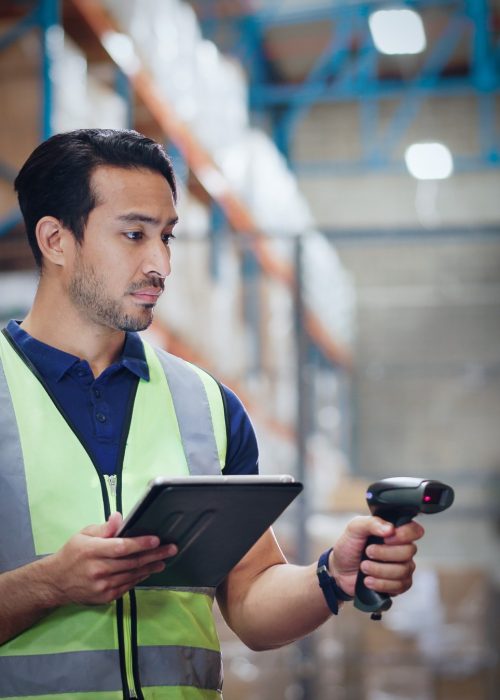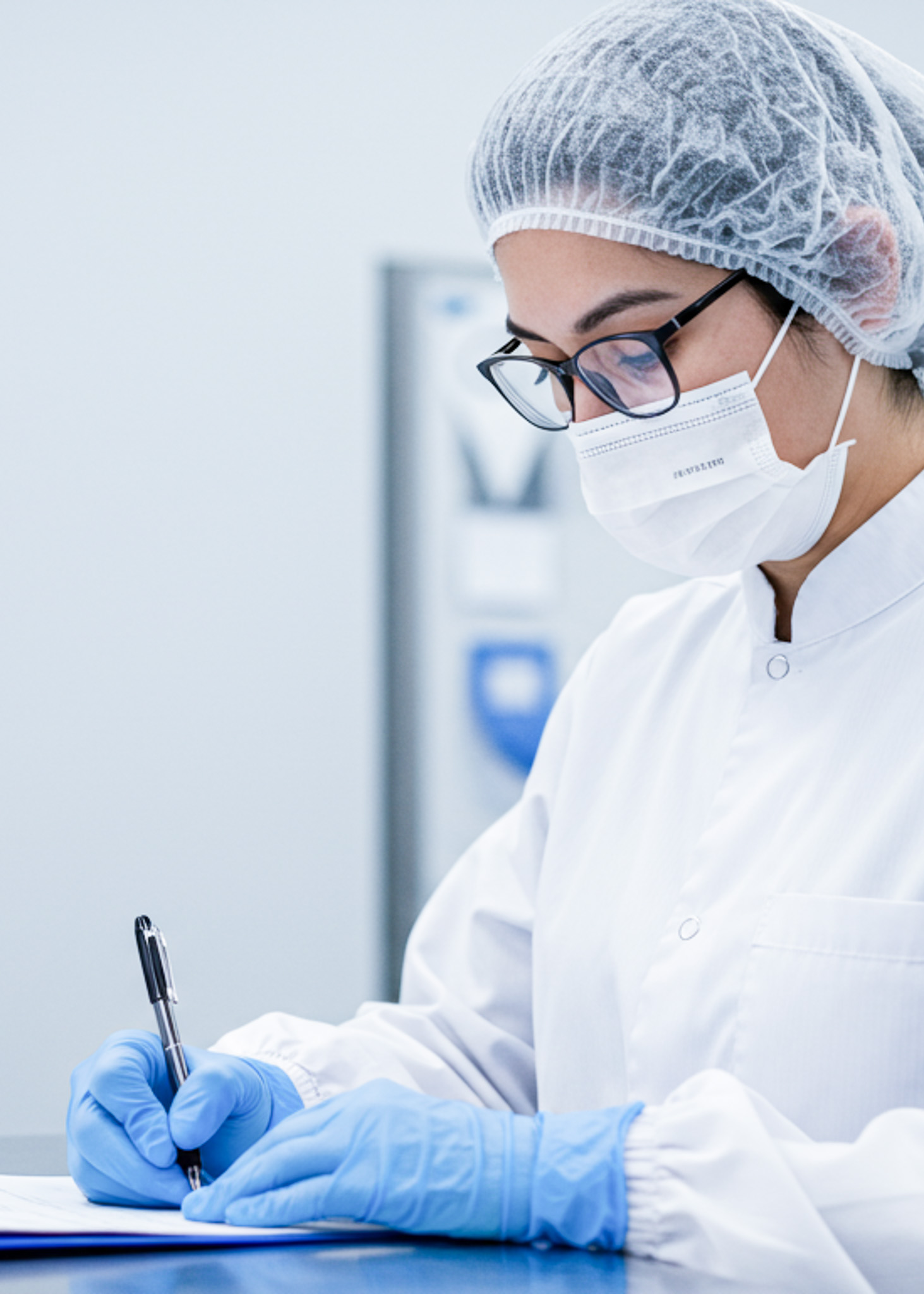Life Science Outsourcing logistics solutions finished goods management can ensure your on-time deliveries.

Life Science Outsourcing provides comprehensive visual inspection testing to detect and address visible packaging defects that could compromise product integrity, sterility, or labeling accuracy. As part of our medical package testing services, we help ensure compliance with FDA Quality System Regulation (QSR) and maintain high-quality standards for medical device manufacturers. Scroll down to see how our expertise safeguards your product and enhances reliability for end users.
Finished goods management combines the processes and practices of handling, storing, and controlling product inventory that has been fully manufactured, inspected, and approved for sale or distribution. For medical devices, it establishes that the devices are stored under appropriate conditions, accurately tracked, and distributed in a manner that maintains their quality, safety, and compliance with regulatory standards.
Proper finished goods management can provide:
Quality assurance
Supports medical device integrity and quality from the point of production until the device reaches the end user.
Regulatory compliance
Finished goods management helps to meet regulatory requirements, including storage, handling, and documentation.
Inventory control
Efficient finished goods management helps to maintain optimal inventory levels, reducing overproduction risks and minimizing excessive carrying costs.
Traceability
Tracking each product through the supply chain allows issues to be identified and addressed sooner and faster. This is important for managing recalls and providing supply chain transparency.
Cost efficiency
Finished goods management can optimize storage and distribution processes to reduce waste, minimize handling costs, and improve overall operational performance.


Medical device manufacturers are responsible for finished goods management in accordance with regulatory and quality standards. Supply chain and logistics managers use it to manage storage, transportation, and distribution of finished goods to ensure timely and cost-effective delivery, while warehouse and inventory managers use it to manage storage, handling, and inventory tracking.
Finished goods management includes the following:
Storage and handling
Finished goods are stored in controlled environments to prevent damage, contamination, or degradation.
Inventory tracking
Advanced inventory management systems are used to track the quantity, location, and status of finished goods. This ensures accurate stock levels and efficient order fulfillment.
Quality inspections
Regular inspections and audits are conducted to determine that stored products will remain within quality specifications and that all processes are compliant with regulations.
Order fulfillment
Finished goods management includes efficient picking, packing, and shipping to meet customer orders while maintaining product integrity.
Documentation and record-keeping
Detailed records of all activities related to finished goods management, including inventory levels, inspections, and distribution, are maintained for compliance and traceability.


Finished goods management is necessary to meet regulatory requirements in the United States. The FDA’s Quality System Regulation (QSR) for medical devices mandates that manufacturers establish and maintain procedures for handling, storing, and distributing finished devices.
As an FDA-registered and ISO 13485-certified contract manufacturing organization, Life Science Outsourcing (LSO) offers assembly, packaging, sterilization, and specialized capabilities in diagnostics packaging and design. Our unique business model combines comprehensive in-house services and extensive regulatory expertise, allowing us to provide the agility and flexibility needed to expedite market launches while standardizing the supply chain and minimizing risks.

Comprehensive packages for regulatory compliance.

From fractional to full cycles with EtO residual testing.

Secure with 2X qualification.

Tailored to your sterilization needs.
Receive the latest infographics, guides, and blog updates for medical device manufacturing, package testing, and sterilization.